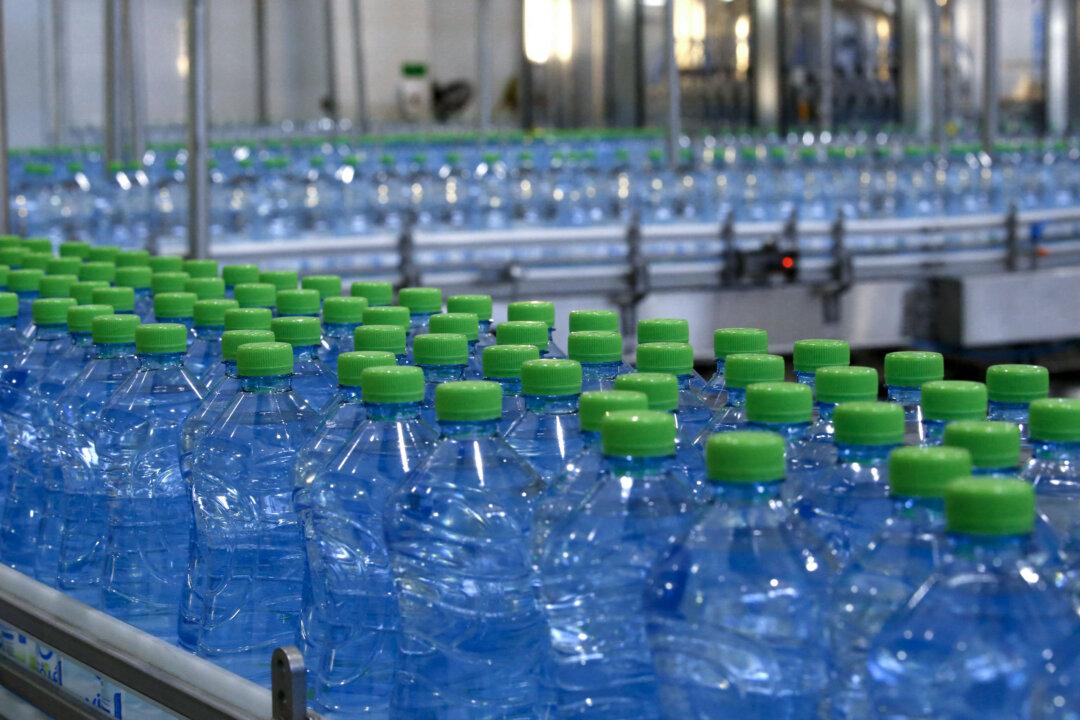Grocery chain Giant Eagle has removed some store-branded spring water off the shelves in repose to the train derailment earlier this month out of an abundance of caution.
The Pittsburgh-based company said it stopped selling Giant Eagle-branded water sourced from a facility in Salineville, situated about 25 miles southwest of the derailment site, according to a Tuesday statement to media outlets. The plant only supplied spring water in gallon-size or larger containers to its Giant Eagle, Market District, and GetGo stores, the company said.




